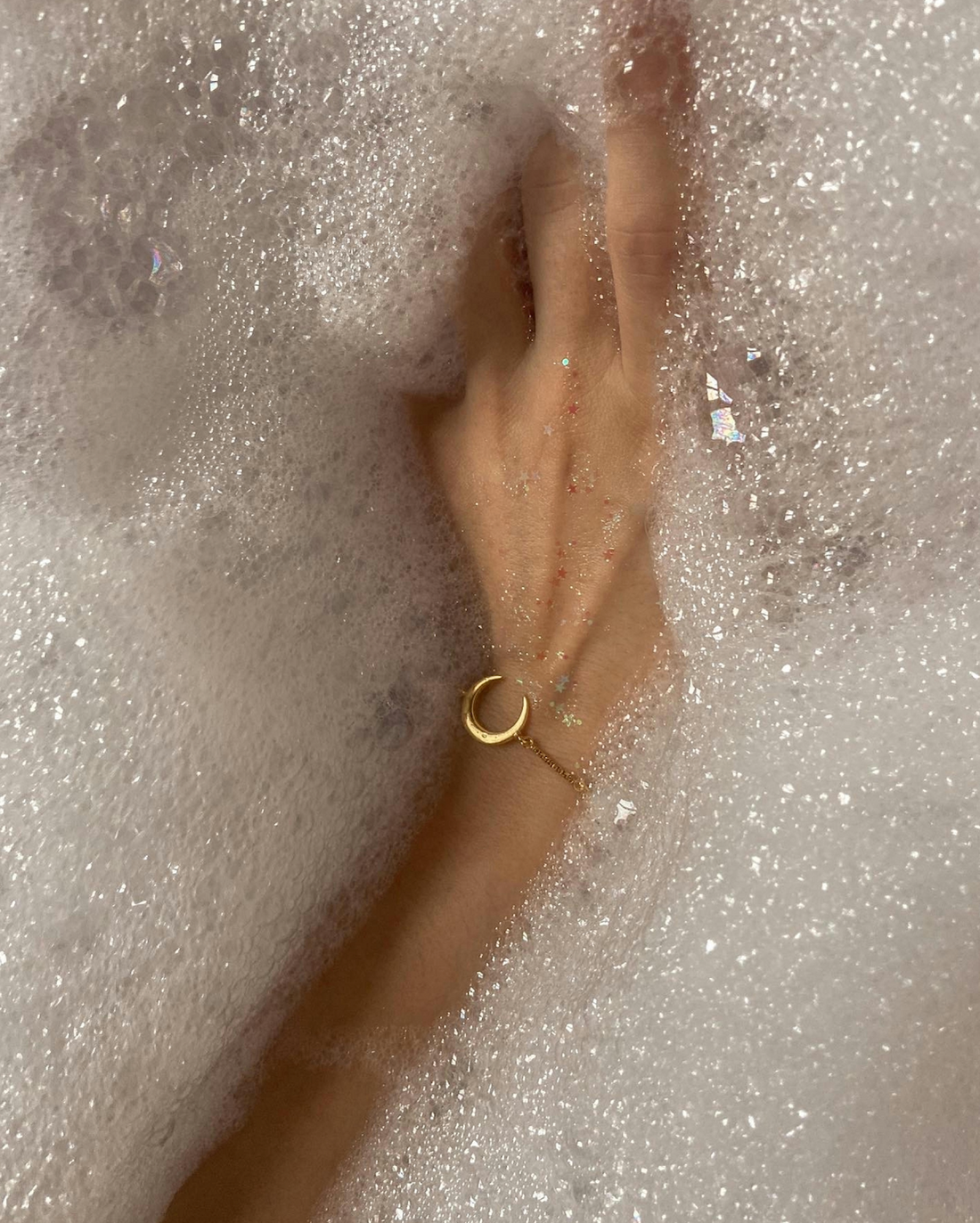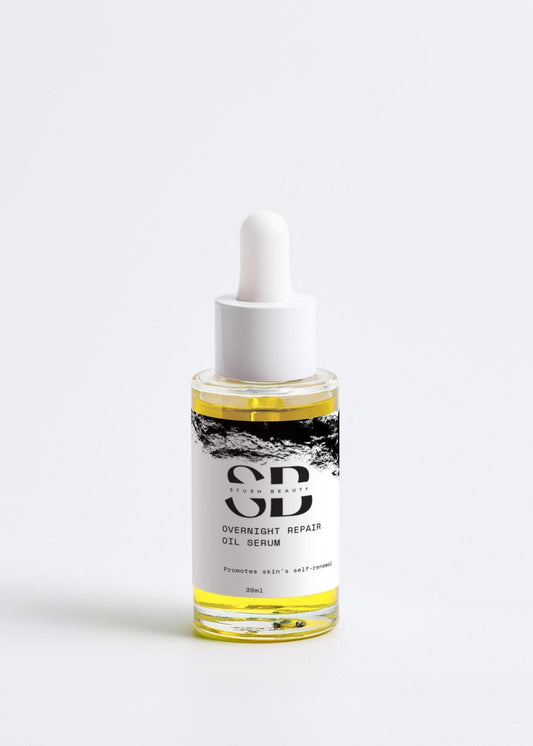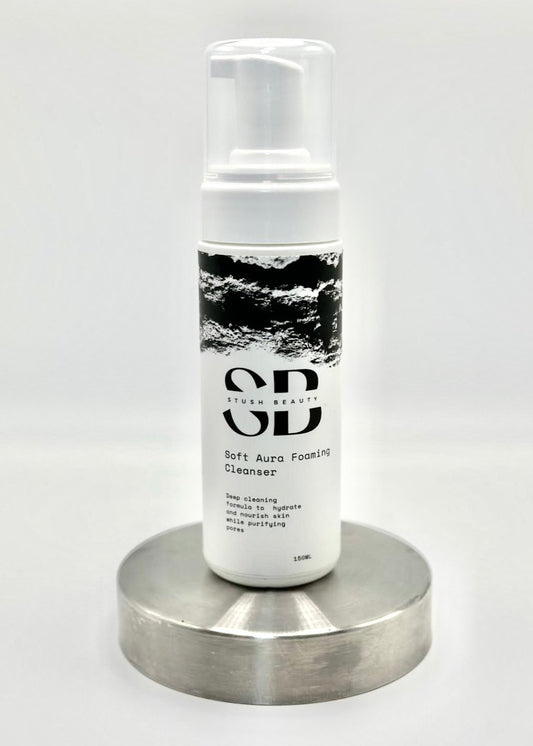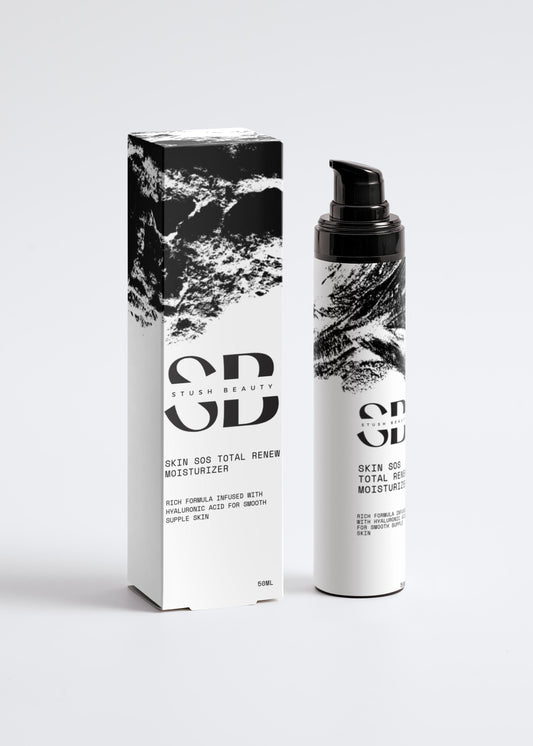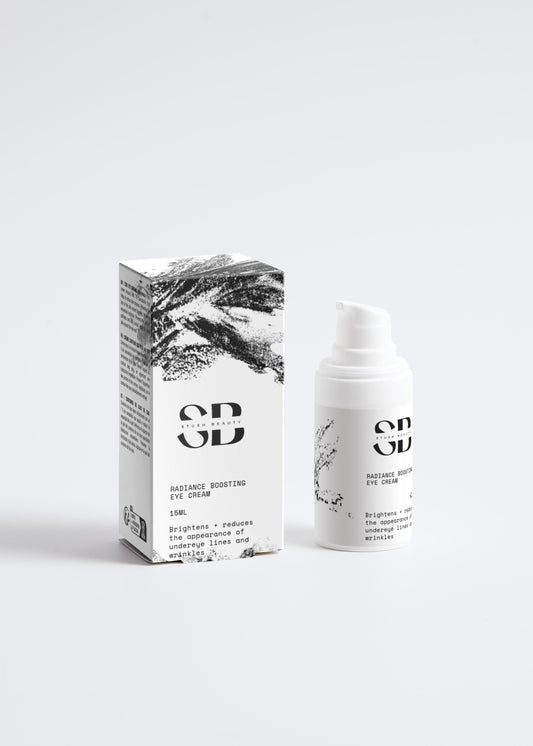Alcohol in skincare has garnered a controversial reputation. Some swear by its ability to degrease and sanitize, while others vehemently avoid it, fearing it will strip the skin of its natural oils and cause irritation. So, are alcohols truly detrimental to your skin's health? Let's dive into the science and separate fact from fiction.
Firstly, it's crucial to understand that not all alcohols are created equal. In skincare, alcohols typically fall into two categories: fatty alcohols and simple alcohols.
-
Fatty Alcohols: These are non-drying and can actually be beneficial for the skin. Examples include cetyl alcohol, stearyl alcohol, and cetearyl alcohol. Fatty alcohols act as emollients, helping to hydrate and soften the skin. They are commonly found in moisturizers, creams, and lotions, where they contribute to the product's texture and consistency.
-
Simple Alcohols: On the other hand, simple alcohols like ethanol (ethyl alcohol), denatured alcohol, isopropyl alcohol, and SD alcohol are known for their drying properties. They have a low molecular weight, which allows them to evaporate quickly upon application. While they can help to remove excess oil and impurities from the skin's surface, they may also disrupt the skin's natural barrier function and lead to dryness, irritation, and even inflammation with prolonged or excessive use.
So, does this mean all simple alcohols should be avoided in skincare? Not necessarily. It ultimately comes down to formulation and concentration.
In certain products, like toners and astringents, low concentrations of simple alcohols may serve a purpose in controlling excess oil and disinfecting the skin. However, it's essential to use them sparingly and in conjunction with hydrating ingredients to minimize potential drying effects.
Furthermore, not everyone will react the same way to alcohols in skincare products. Individuals with oily or acne-prone skin may tolerate them better than those with dry or sensitive skin. Patch testing new products and paying attention to how your skin responds is always advisable.
Additionally, advancements in skincare technology have led to the development of alcohol-free alternatives that offer similar benefits without the potential drawbacks. These formulations often utilize alternative solvents and delivery systems to achieve desired outcomes without compromising skin health.
In conclusion, the blanket statement that all alcohols are bad for the skin is overly simplistic. While certain types of alcohols can be drying and irritating, others can be beneficial when used judiciously. Understanding the differences between fatty alcohols and simple alcohols, as well as considering individual skin types and product formulations, is key to making informed skincare choices. As with any skincare ingredient, moderation and customization are key to maintaining a healthy and balanced complexion.
